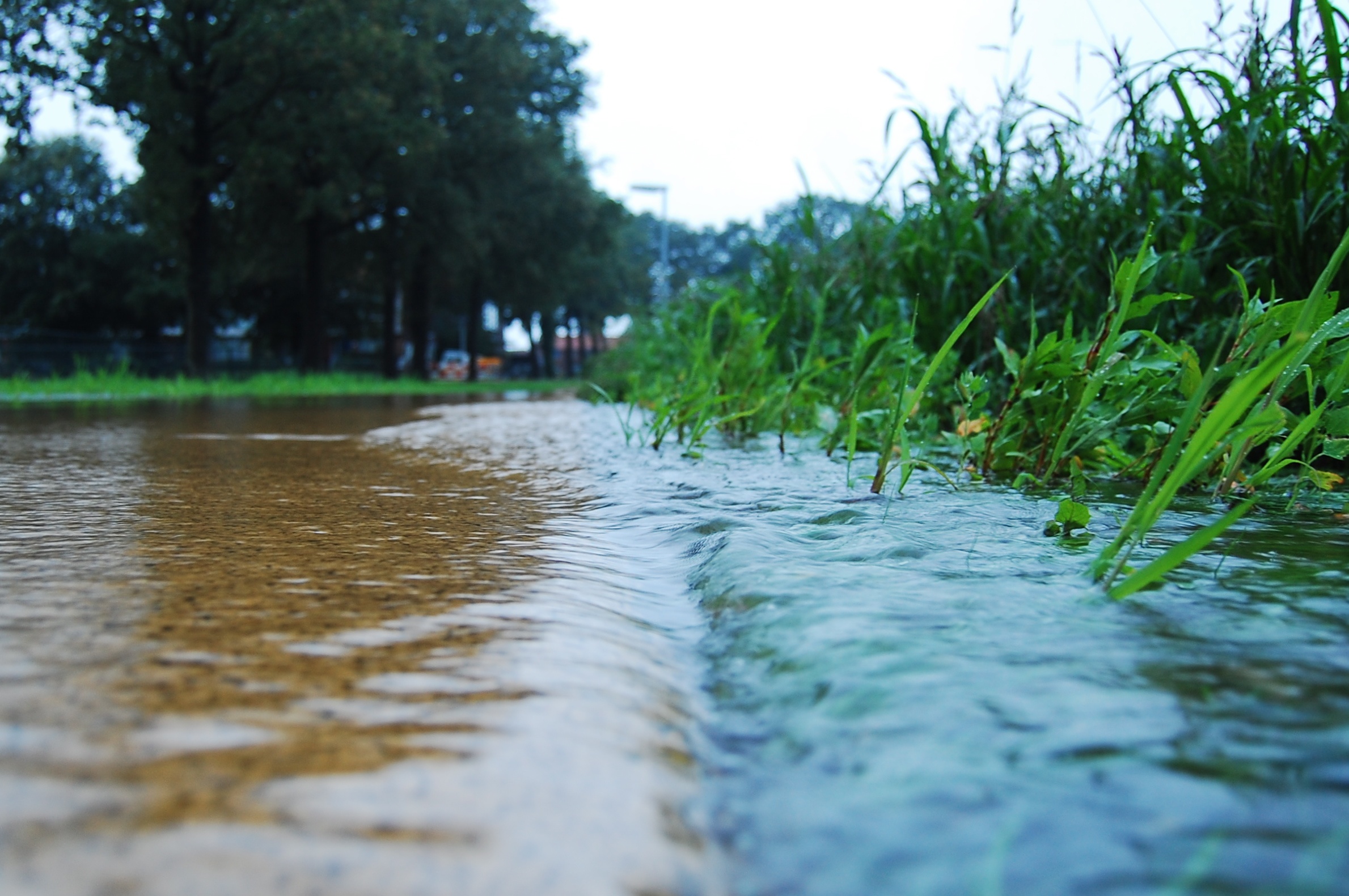Landowners in Vermont are feeling the effects of the latest Stormwater General Permit 3-9050 requirement for stormwater runoff from impervious surfaces. Sites with three or more acres of impervious surface that do not currently have coverage under previous operational general permits are now required to seek coverage under General Permit 3-9050. Affected sites are beginning to receive notice from the Vermont Department of Environmental Conservation (VDEC) instructing them to seek coverage in specified amounts of time, prompting landowners to scramble to remain compliant while struggling to navigate this complex and potentially costly regulatory requirement.
What is Vermont’s General Permit 3-9050?
Better known as the “Three-Acre General Permit,” General Permit 3-9050 implements a component of the Vermont Clean Water Act of 2015. It designates “three-acre sites” as an impervious surface of three or more acres that has either never had an operational stormwater permit or was permitted to standards in place prior to the 2002 Stormwater Management Manual. Prior to the implementation of the Three-Acre Permit, some parcels of land had been grandfathered out of the stormwater permitting program so long as they did not expand or redevelop more than one acre or by being permitted prior to the 2002 Stormwater Management Manual.
According to the Vermont DEC, the permit was designed to “assist in the implementation of clean-up efforts in Lake Champlain, Lake Memphremagog, and stormwater-impaired waters” while “protecting high quality surface waters statewide.”
General Permit 3-9050 became effective December 1, 2020, with staggered application deadlines beginning December 2021.
Who is Affected by the Permit?
VDEC has put together a flowchart for landowners to assist in determining whether this new permit applies, and the appropriate application timelines for affected facilities. General Permit 3-9050 affects all operational stormwater permitting, including redevelopment, new development, and permit renewals. The VDEC has released a list of three-acre properties currently known to the state to fall under the permit requirement, and intends to update the list as information for the rest of the state becomes available.
Sites that have received a letter from the DEC will be required to submit a Notice of Intent (NOI) to comply with the general permit requirement. Letters of notification are going out to buildings based on a geographic-phased schedule categorized by discharges into various bodies of water.
Exemptions from the requirement to obtain coverage are specified in Section 1.5 of the Permit.
How to Comply
The NOIs are only the first step to in complying with the requirements of General Permit 3-9050. Permittees are required to assess stormwater runoff against stormwater treatment standards, and review Best Management Practices against Vermont’s Stormwater Management Manual. Some affected sites are required to conduct an engineering feasibility analysis in order to determine the technical feasibility of stormwater management requirements. Sites that cannot meet applicable standards may achieve compliance by utilizing offsets or by paying Stormwater Impact fees.
The Vermont DEC website states the agency is anticipating grant funding and subsidized loans to support the engineering, design, and implementation costs associated with the permit. The funding plan is said to be underway and will be released “in the near future.”
Need Help?
Fortunately for EnSafe clients in Vermont, EnSafe engineers and permitting specialists are at the ready to assist.
If you have recently received notification from the Vermont DEC or believe your property may be required to obtain a 3-9050 permit, contact Kristen Gould, PE at (603) 369-1089 or [email protected]
